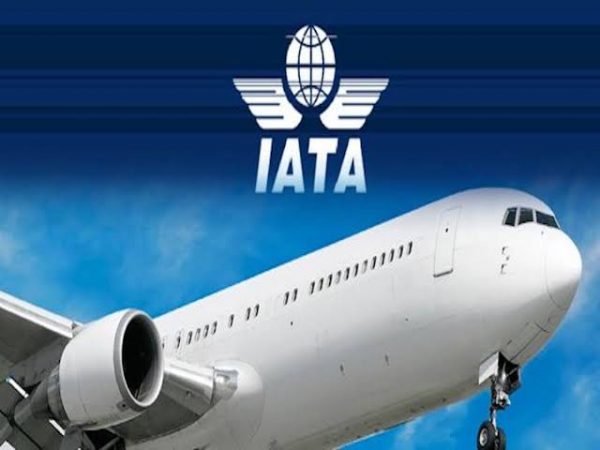Freight Agents Mourn As NAFDAC E-Platform Stalls Cargo Clearance
The new electronic platform provided by the National Agency for Food, Drug Administration and Control (NAFDAC) to ease clearance of cargoes at ports has landed several freight forwarders in colossal monetary losses.
Freight forwarders under the aegis of Africa Association of Professional Freight Forwarders and Logistics in Nigeria (APFFLON) made this outcry on Thursday, this week.
Explaining the ordeal, the President of APFFLON, Mr. Frank Ogunojemite said: “For all consignments that require NAFDAC authorization before clearance at ports, it is now online. However, it is posing a lot of problem to access the website let alone process the platform for first and second stamping.”
“If you can’t complete this process, you will not process to pay Customs duty. This means the freight agent would have to keep paying rent to terminals until the issue is resolved”
According to him, before embarking on such development the agency should have sensitized freight agents on the new processes.
“NAFDAC should have engaged representatives of the freight forwarding associations on this development before initiating it. If such awareness was done, the representatives which could be just five persons per association; these agents would go back to educate their members,” he asserted.
Ogunojemite lamented that the practice of changing the mode of operations without engagement could be translated to be a desperate action to exploit people and worsen the already perplexed port environment.
“The automation has failed because people have been forced to go NAFDAC offices to manually carry out the process. This leads to extortion, bribery and other ills that the online process set out to eliminate,” the APFFLON boss added.
Recall that a similar issue happened with the Standards Organization of Nigeria (SON) website, when freight forwarders were unable to process SON-CAP for weeks.
This led to colossal sum as storage following delays at terminals with freight forwarders and importers suffering the fiscal burden.








